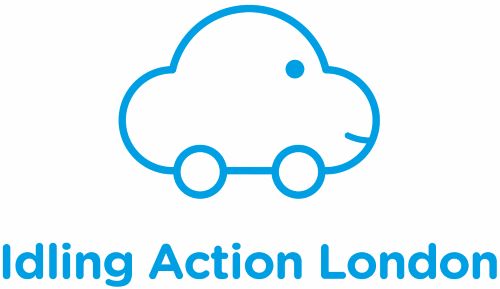There are many misconceptions around disability. Often people picture the familiar image of a wheelchair user and assume that disability must be present from birth.
Opinion
Building an inclusive workforce
This can be the case, but most disabilities and long-term conditions are non-visible (over 90 per cent) and the majority (83 per cent) are acquired during working age. This means that many of us will become disabled during our working lives.
The physically demanding nature of the work means that construction may not be viewed as an obvious choice for disabled workers. Yet, it is estimated that 9.3 per cent of the construction workforce is disabled. But the impact of acquired disability on individual workers, and the sector, is less often discussed.
The prevalence of back injuries, upper limb disorders, and hearing loss, is widely known. But talking about your disability, and its impact on your needs as an employee, can be incredibly difficult, particularly in an industry like construction, where talking about anything which may be perceived as a ‘weakness’ may bring into question your suitability for employment.
For workers experiencing mental ill health, stigma can make beginning that conversation harder still, and, sadly, sometimes impossible.

Adjustments are available to everyone. Diane Lightfoot CEO at Business Disability Forum.
A sobering statistic is that suicide is the main cause of death of men aged 15-49 across the UK. More sobering still is that the incidences of suicide among male construction workers are three times higher than in the male population as a whole, so it is not an exaggeration to say that creating a supportive workplace environment is vital.
The benefits for the employee of working in a supportive environment are clear, but what’s in it for the construction industry? Being inclusive is not just the ‘right’ thing to do, but is also good for business.
Diverse teams perform better and are more innovative
Creating an environment in which workers can be honest about their needs can also boost productivity and focus. Trying to conceal a disability or condition is tiring, and in sectors such as construction, even dangerous. Consider an employee struggling to read safety information, due to their dyslexia or because they are losing their sight. Workers need to feel able to tell colleagues about any needs they have, without fear of judgment.
And if you don’t meet the needs of disabled workers, you are reducing your talent pool. With employment levels reportedly at an all-time high, skilled, experienced workers may look to go elsewhere if their needs aren’t met.
Similarly, it becomes more difficult to attract in new talent. In 2017, 54 per cent of construction companies said that they were worried about skills shortages in the sector, with half reporting loss of business as a result. With Brexit’s impact still uncertain, I would argue that – with only half of disabled people currently in employment – the construction sector cannot afford to overlook the untapped potential of the disabled workforce.
So how can the construction industry attract and retain disabled employees? In short, culture change. We need to reframe the narrative so that it becomes acceptable to be disabled and to talk about disability in the construction industry.
Meaningful change must be led from the top, with senior leaders and managers starting the conversation by talking about their own disabilities and mental health conditions.
Team leaders also need to be given training on talking about disability, offering support, and knowing the workplace adjustments available. Our advice service takes many calls from members on this topic.
Finally, think about your recruitment processes. Consider the language used in the advertising of new posts. Think about different ways to test skills, such as work trials over formal interviews. Make it clear that adjustments are available for everyone, so candidates don’t feel awkward asking.
The potential benefits for the construction sector of an inclusive workforce far outweigh the efforts, so let’s begin the conversation.
OPINION

Why your business should act on engine idling
By Jack Alexander, project officer, Idling Action London on 01 October 2021

The air we breathe is all our business
By Nicky O’Malley, director of corporate partnerships, Global Action Plan on 01 June 2023
Businesses have a vital role to play in improving air quality – and the UK’s Clean Air Day on 15 June is a great opportunity for companies to begin or renew their efforts in this area.

All jobs greener: why we need workforce transformation for a sustainable future
By Martin Baxter, deputy CEO, IEMA (Institute of Environmental Management & Assessment) on 01 June 2022
The shift to a green economy will create green jobs within new and emerging sectors, while those working in existing sectors will have to gain the requisite green skills to take advantage of the business value-creation opportunities that come from embedding sustainability across the whole organisation.



